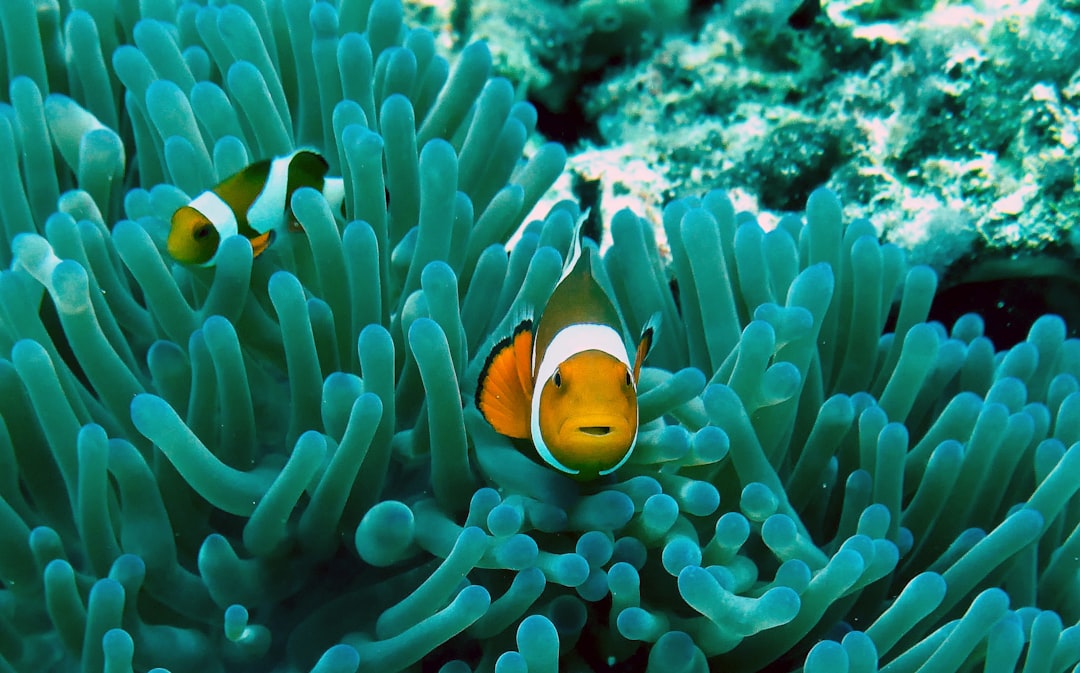What is it about?
This work identifies a chemical interaction between two species of bacteria that inhibits cell differentiation processes, biofilm and spore formation, in the model organism Bacillus subtilis. The active compound causing this is the known antibiotic 2,4-diacetylphloroglucinol. At concentrations which this compound has no antibiotic activity, we show that biofilm formation and spore formation are significantly delayed.
Featured Image
Why is it important?
Bacillus subtilis is a model organism for cell differentiation, having the capabilities to differentiate into several cell types that serve different functions. Two of these states are biofilm forming and spore forming. These differentiate states are also common to many pathogenic bacteria, and serve important roles in terms of their virulence and subsequent survival. This interaction provides insight into how we may try targeting pathogenic bacteria that are increasingly antibiotic resistant.
Read the Original
This page is a summary of: Inhibition of Cell Differentiation in Bacillus subtilis by Pseudomonas protegens, Journal of Bacteriology, March 2015, ASM Journals,
DOI: 10.1128/jb.02535-14.
You can read the full text:
Resources
Contributors
The following have contributed to this page










